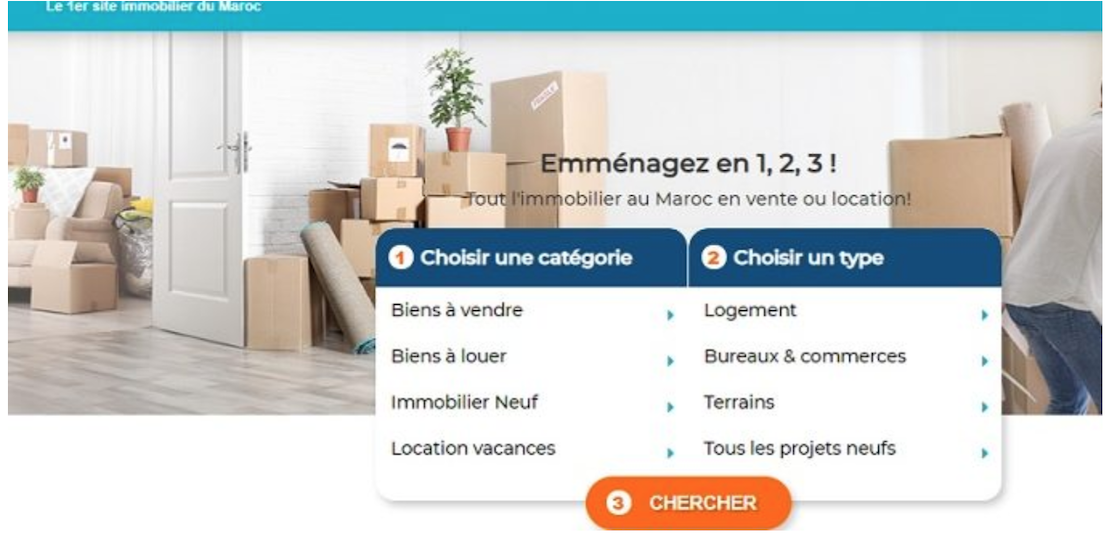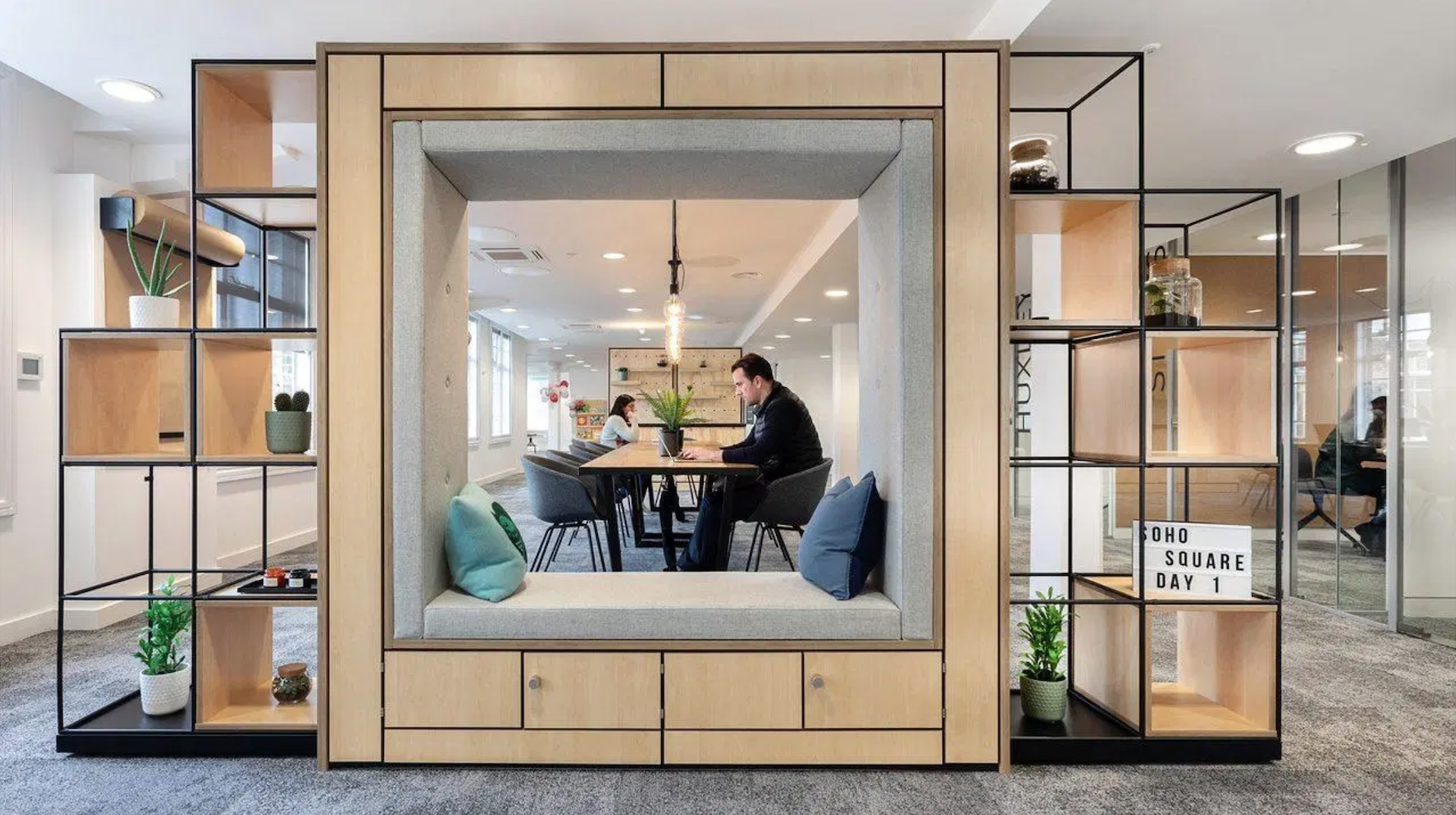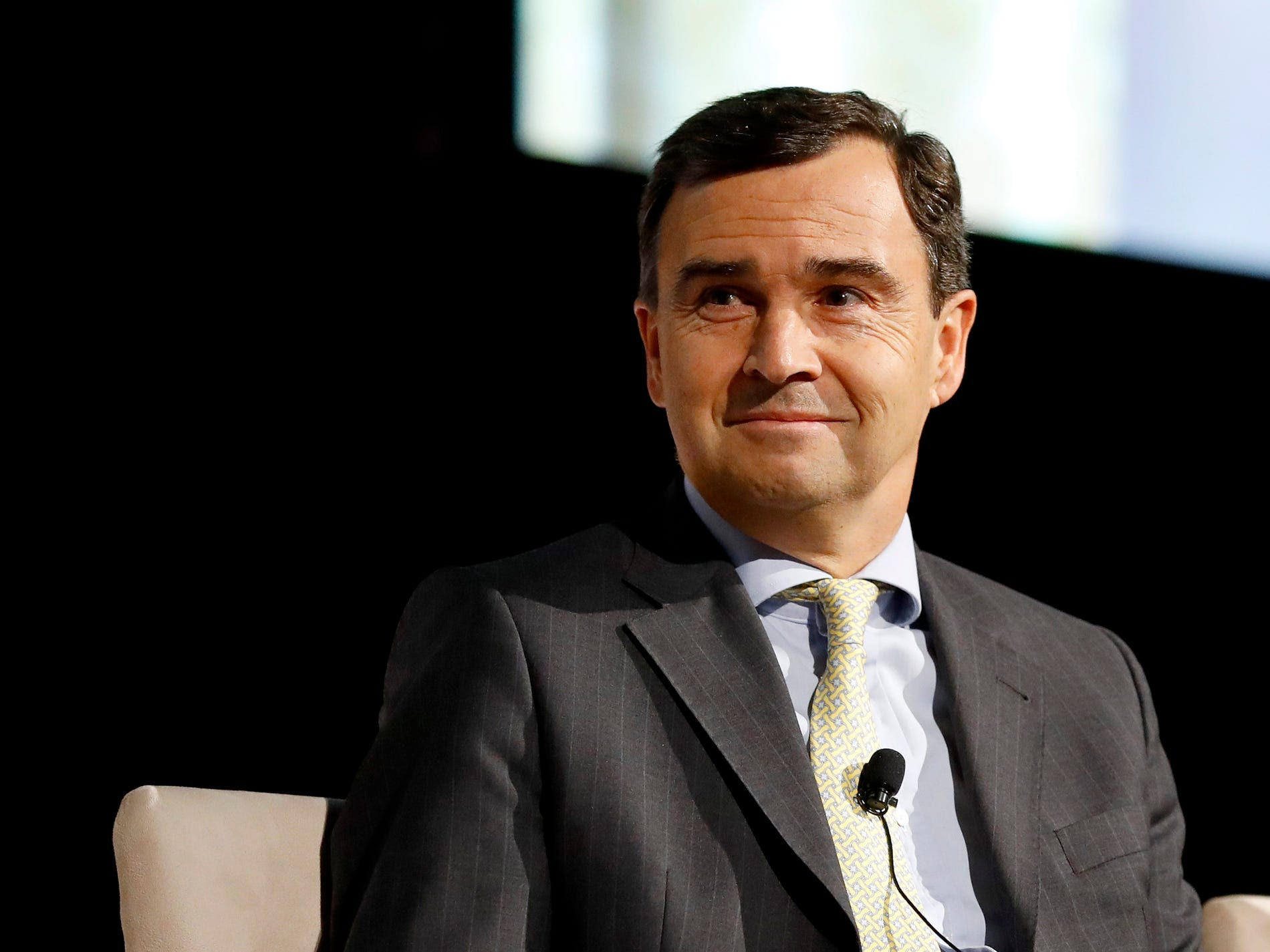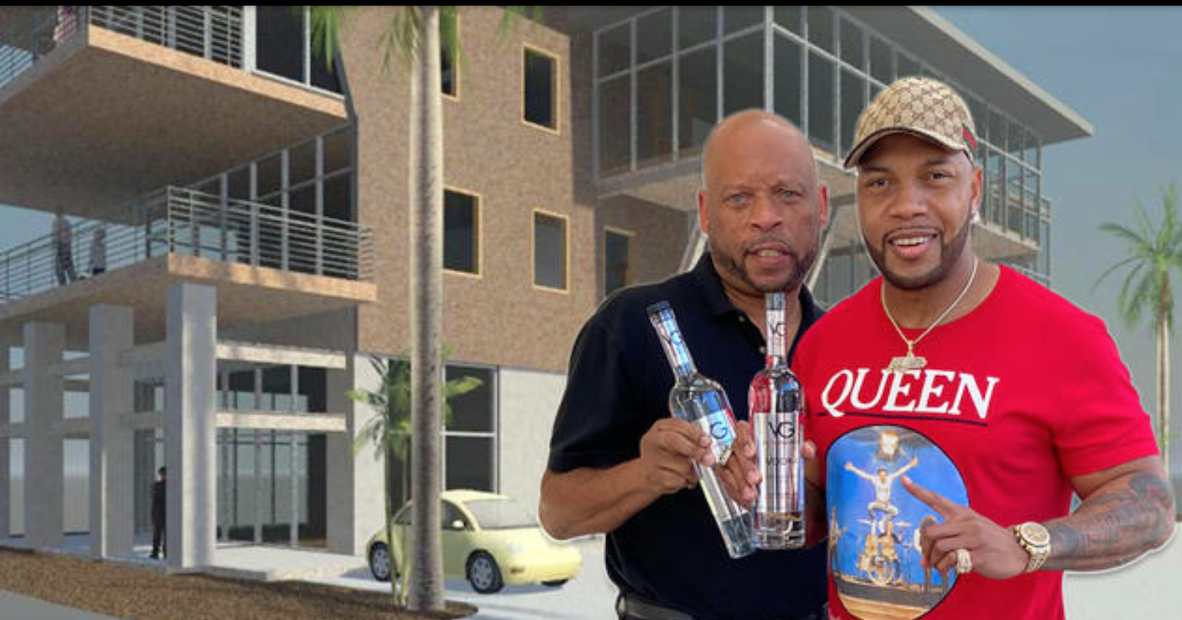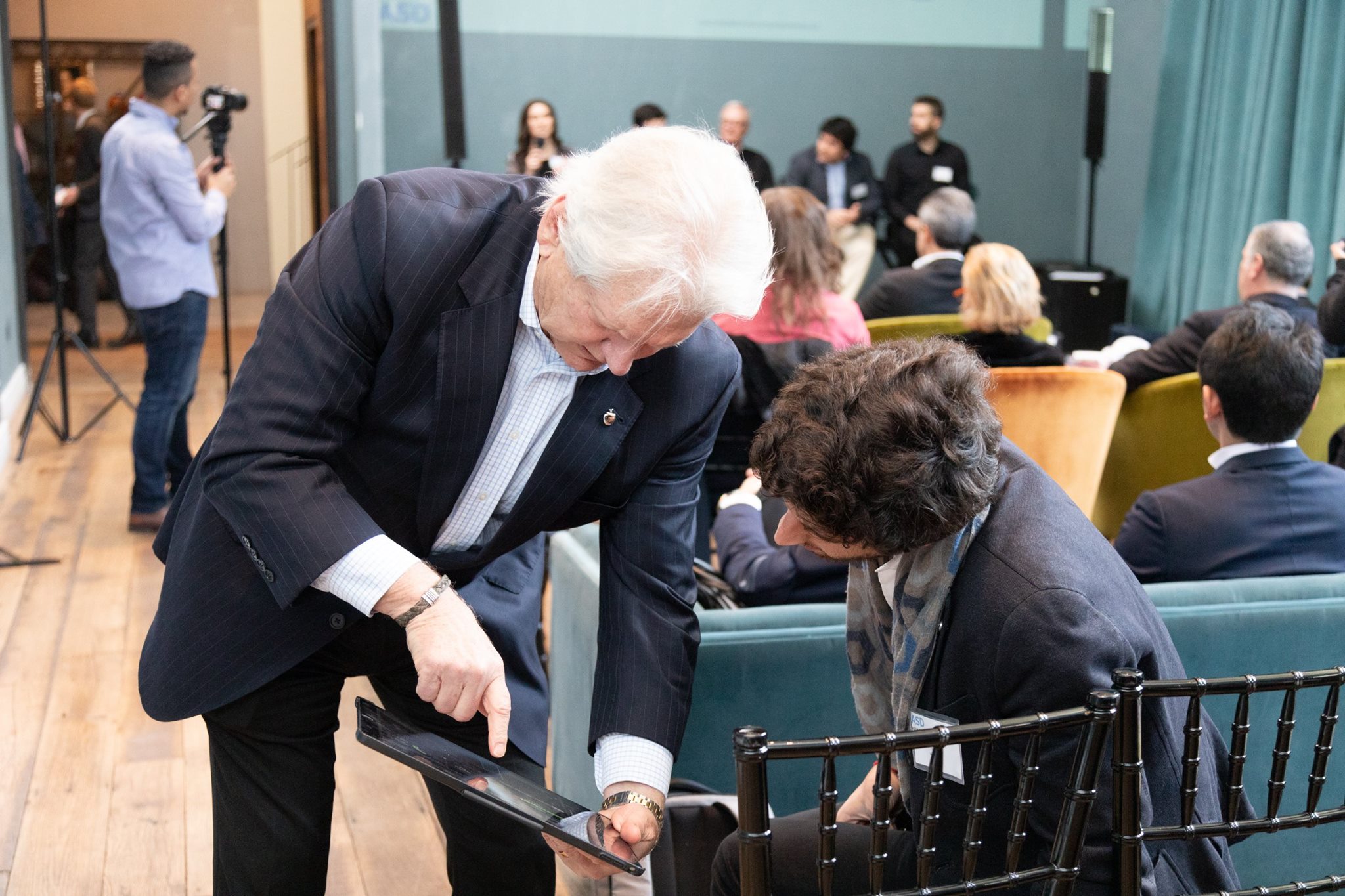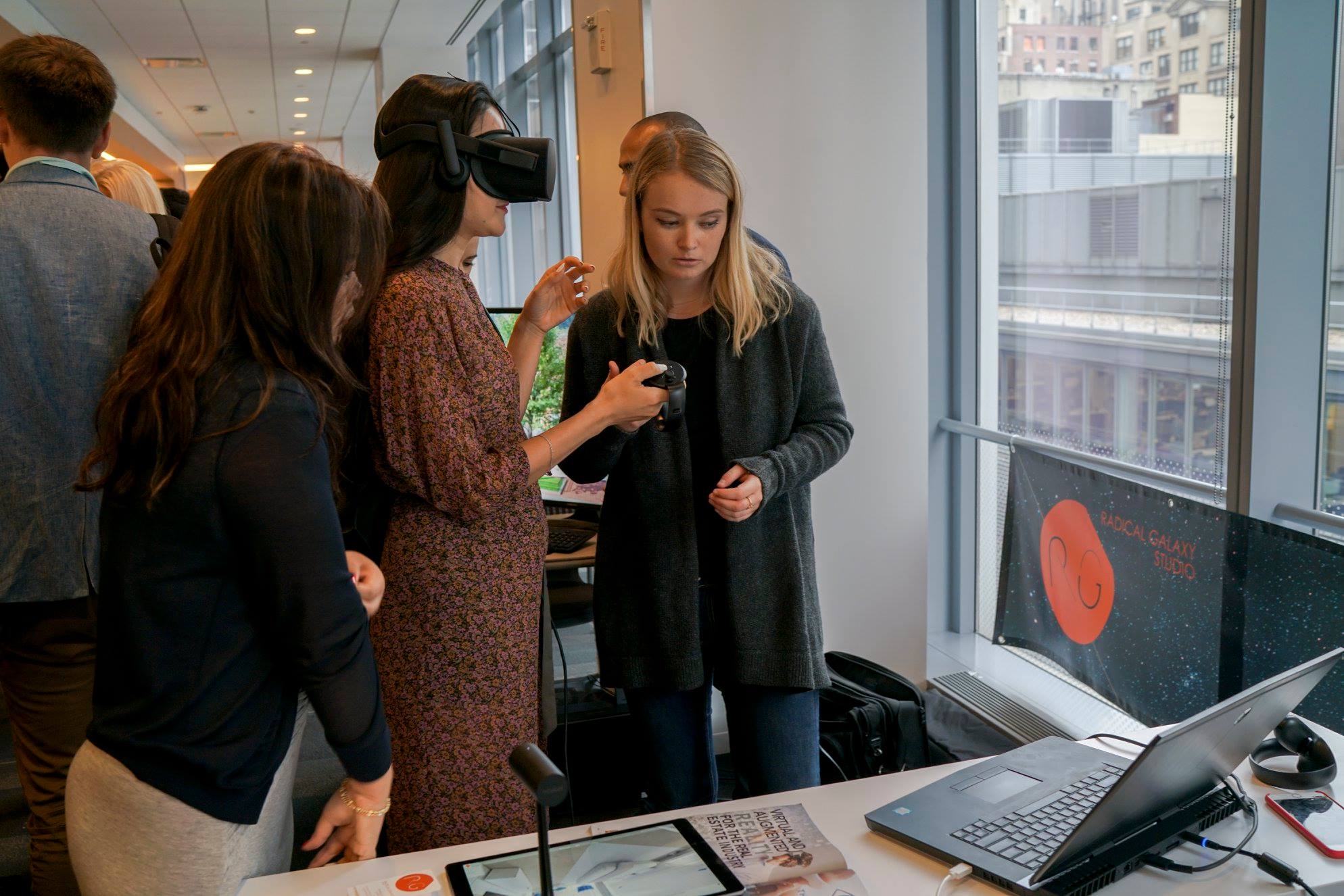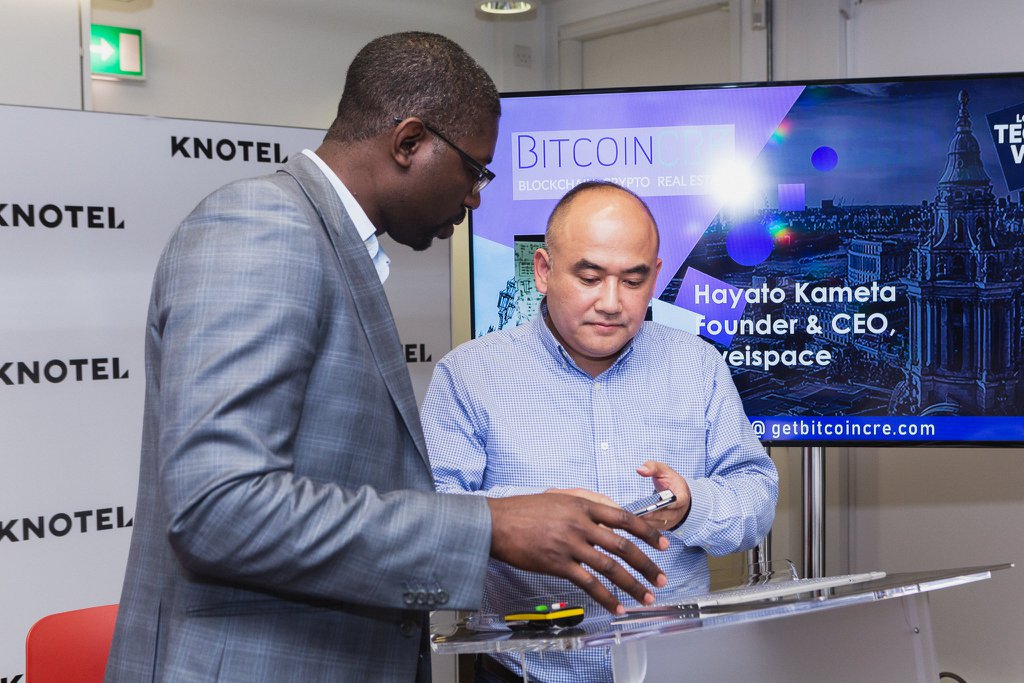A $134 Million Building in Zurich Has Sold Via Cryptocurrency

Blockchain and Cryptocurrencies have made some inroads within the financial sector but have barely made a dent within the real estate industry. With that said, it’s an area we like to cover because it shows great promise, specifically as a tool to finance real estate transactions.
Recently, a $134 million transaction occurred in Switzerland with roughly 20% of the funding via cryptocurrency. This is the largest transaction to date to involve a building sale and cryptocurrency.
This type of transaction is exactly why our ASDToken conference during AnySizeDeals Week – The Festival of Real Estate Innovation will focus exclusively on covering the various challenges and opportunities that blockchain and cryptocurrencies are playing within the real estate ecosystem and the practical applications for today’s real estate owner and operator.
This Week in Real Estate Innovation
WHAT’S NEW IN BLOCKCHAIN?
Last week, as Swiss outlet SWI reported, Zurich real estate investment firm BrickMark bought a majority stake in Bahnhofstrasse 52, a property on “one of the world’s exclusive and most prestigious luxury shopping boulevards,” according to a press statement.
To complete the deal with real estate investment group RFR Holding, known for purchasing the Chrysler Building in 2019, BrickMark partially completed the sale by creating and issuing proprietary BrickMark tokens based on the Ethereum, a type of cryptocurrency blockchain protocol.
INNOVATIVE PROJECTS
At Hudson Yards, Thomas Heatherwick gave New York an endless staircase. Now, the creative British designer is set to deliver a complete building.
At 515 West 18th Street in Manhattan, Mr. Heatherwick, who is best known to New Yorkers as the creator of the Vessel, the 150-foot-tall, Instagram-friendly basket of stairs at the heart of Hudson Yards, has designed Lantern House, a 181-unit condominium.
PROPTECH CORNER
Founded in 2012 by current chief executive officer (CEO) Kevin Gormand, Mubawab allows sellers and landlords to advertise their properties, and has two million visits to its site per month and 150,000 properties listed.
To further accelerate its already-impressive growth, and grow its team, the startup has now secured US$7 million in funding from the UAE-based real estate-focused firm Emerging Markets Property Group (EMPG).
FUTURE OF WORK
It’s not that WeWork’s competitors were rooting for it, but having a shiny poster-child for flexible office leases wasn’t exactly bad for business.
Then WeWork fell apart: a failed IPO, an ousted CEO, a spectacular collapse in valuation and a $9.5 billion bailout from SoftBank. Once the flex office market’s biggest success story, WeWork is now its cautionary tale. Where did that leave other companies in the industry?
Ulbrich highlighted space utilization technology as one of the highest-impact verticals for the company. He spoke about a camera technology that tracks employee movement while blurring their faces, anonymizing the data.
JLL can use this data to drastically shrink its clients’ real-estate footprints, lowering costs and environmental impact. One of the biggest ways to make an impact is by moving from assigned desks to unassigned desks, a change that Ulbrich said can probably save 20% of a client’s space.
OPPORTUNITY ZONES
Instead of popping bottles, Flo Rida will be filling them up.
The rapper, singer and songwriter is partnering with Fort Lauderdale businessman Victor G. Harvey Sr. to create Victor George Vodka, a partnership that includes building a distillery in the Sistrunk neighborhood.
Records show that Harvey paid $75,000 for the 6,306-square-foot Sistrunk lot in November. The property is in an Opportunity Zone, which means the developers could qualify for significant tax benefits.
Besides selling coffee there, the company said it will focus on hiring labor locally to staff the stores, including local contractors for construction and renovation projects. The stores will also offer dedicated space for neighborhood events.
The initiative, known as the Community Stores program, plans to roll out the new locations by 2025. Starbucks said it will consider factors including high rates of unemployment, especially among young residents, as well as low median income and population stability, when choosing sites for the new stores. It will also consider new locations in opportunity zones.
SUSTAINABLE ENERGY
Four shareholders in China’s giant supplier of electric-vehicle batteries have built a combined fortune of $17 billion. An Australian businessman has created a $7 billion net worth from recycling. A ten-figure stake in a hydrogen fuel cell trucking company has minted an American billionaire.




